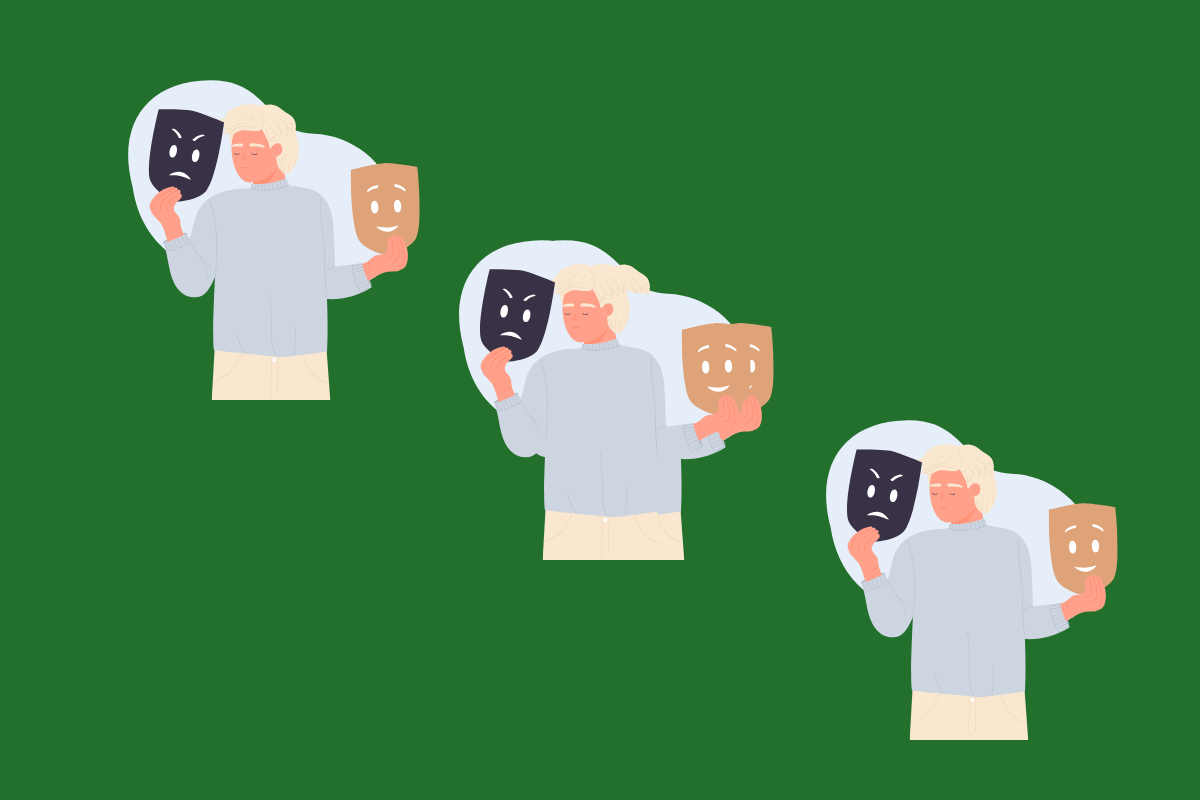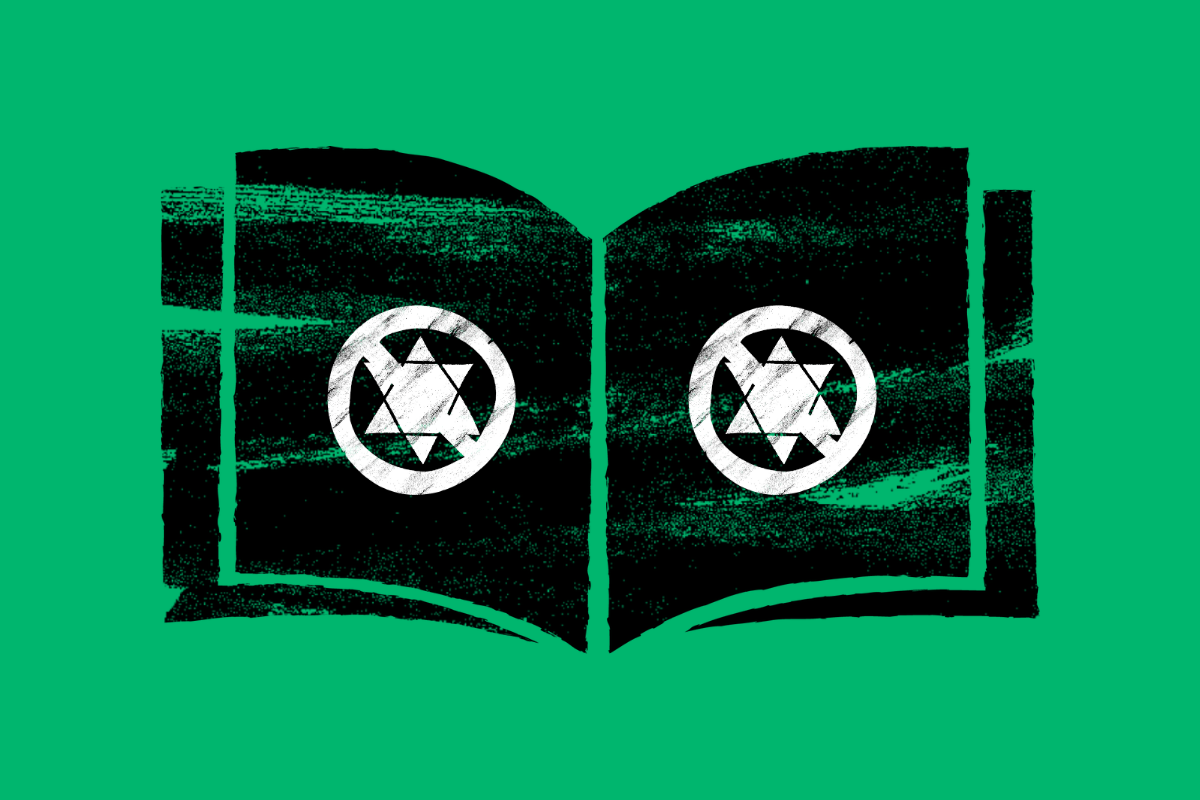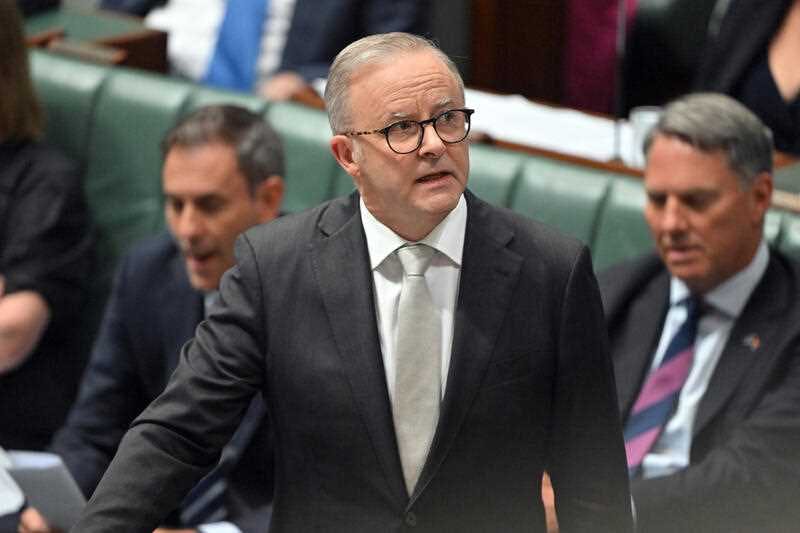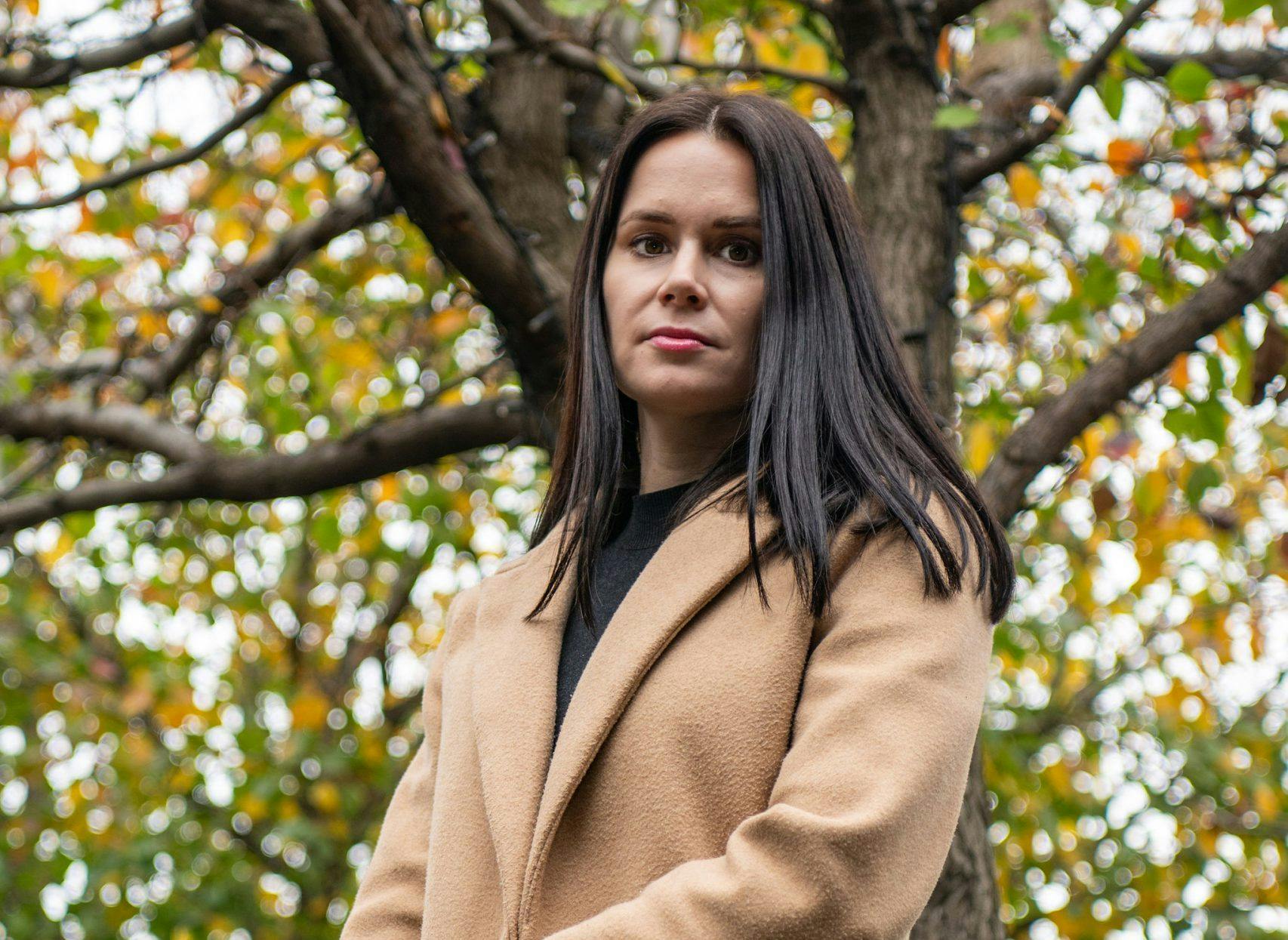Published: 29 April 2024
Last updated: 29 April 2024
Six months on from October 7, there is surely not a single Australian Jewish person – Zionist or otherwise – who has not felt the impacts of this war.
It is an elephant in every room we enter. It is in every news bulletin. Its weekly protests obstruct every major city. And it has also affected the landscape of our communal institutions and organisations, and our relationship with our political leaders.
The war has changed the temperature of our national conversation. Across the country it has amplified the loudest voices pushing the most extreme viewpoints. So, too, have we seen the amplifying of extreme voices within our own community.
Communal organisations have, to outside observers, seemed more like personality contests. What these organisations actually do or what differentiates them from each other seems trivial. What is seen in the public eye is who gets the most comments in articles or grabs on TV and radio.
A crowded and confused media landscape has given rise to these more extreme voices. The right-wing Australian Jewish Association is often cited by News Corp. The new left-wing and anti-Zionist Jewish Council of Australia is gaining exposure through progressive outlets. Both are gaining traction through social media.
Coverage of the conflict and its impacts at home seem to spend more time quoting organisations than on actual news content. In one recent example, the Sydney Morning Herald coverage of the Israeli airstrike that killed seven aid workers, including one Australian, quoted the Executive Council of Australian Jewry (ECAJ), Zionist Federation of Australia (ZFA), Australian Jewish Democratic Society and Jewish Council of Australia – all in one day.
The endless stream of quotes from organisations takes up enough superfluous space in local Jewish media – it is ludicrous when the mainstream media gives it the same prominence.
The writers of these articles do not provide any context to distinguish these organisations from each other. Without prior knowledge, it is impossible for readers to know the ideological perspective of each, let alone their representative status. Sadly, we cannot expect most Australians to have read Deborah Stone’s excellent explainer in The Jewish Independent.
Some groups clearly want to signal that there are 'good Jews' and 'bad Jews' and they are the good ones.
Some groups clearly want to purport that their views are authentic and that others are not. They want to signal that there are “good Jews” and “bad Jews”, and they are the good ones, absolved of the sins that the bad have committed.
For the Australian Jewish Association, this includes rejecting a longstanding community consensus for an ultimate two-state solution, preferencing total Jewish sovereignty over the entire region. For the Jewish Council of Australia, this is absolving itself of the widespread Jewish connection to Israel entirely, over the sins it sees Israel committing.
There is, of course, room for expressions of diversity in our community – we are not homogenous. There is nothing inherently wrong with conservative or progressive Jews founding their own organisations to give themselves a space to connect and raise their voices.
But it does not serve the community to have spokespeople clamouring over each other for comment on every story. And it is clearly farcical when new, ideologically charged organisations deliberately choose vague, official-sounding names like the “Australian Jewish Association” or “Jewish Council of Australia” in a transparent attempt to boost their credibility in the public sphere.
It is also important to question the utility of an entity founded solely to generate clicks and comments. Our “peak” organisations in the ECAJ and ZFA play roles in advocacy, representation and engagement that go far beyond the media commentary they offer. It is unclear what these newer, ideological bodies are offering beyond media releases and social media content designed to skew public debate towards their own slants.
This mess of organisations is also a stumbling block for Jewish communal engagement with governments and politicians. I know, first-hand, the confusion it has created.
It's unclear what the newer bodies offer beyond social media designed to skew debate towards their own slants.
Our roof bodies are not perfect. They struggle at times to reconcile the need for pluralism and inclusivity with that of giving voice to “the base” – representing what they deem to be majority communal sentiment. They are not unlike politicians, who cannot win every vote but need to find enough of them to secure a workable majority.
Giving voice to mainstream sentiment can sometimes come into conflict with their other key tasks – representing our community to government and the broader public. These are difficult balancing acts, and the scales cannot always be level.
For example, criticising the Albanese government’s response to the killing of Australian aid worker Zomi Frankcom may have represented genuine community concerns of Israel being judged by a double standard that Australia does not hold itself or its allies to. But it also risks looking out of touch with broader and genuine community concern about the death of an Australian doing selfless work to deliver vital aid in a warzone.
This episode also highlighted the lack of clear delineation between our various bodies. On topics like Israel and antisemitism, it is not obvious where the boundaries exist between organisations to speak and advocate. Governments facing criticism or feedback from overlapping peak (and private) bodies on the same topic end up needlessly confused and overstretched in stakeholder engagement.
It is fair to say relations between the Jewish community and the federal government have become strained. This is not a productive situation. Even those who wish we could put all our eggs in the Liberal basket must admit the obvious truth that sometimes Labor will be in power, and they must be able to work with the ALP.
With ever-growing crossbenches, the likelihood that future hung parliaments will produce minority governments highlights the importance of working with independents and minor parties too – especially “Teals” with significant Jewish constituencies.
In both respects, we should be wary of gratuitous criticism of any policy we don’t share. There is nothing wrong with disagreeing with decisions our government makes – but it does us no good to burn bridges, especially when there are issues broader than foreign policy that impact us. The Jewish community must have a seat at the table on more than just policy on Israel.
The collapse of consensus on policy towards Israel – with shifts on both sides of the partisan divide – risks creating a situation where policy backflips on issues like recognition of Israel’s capital or the status of Palestine might change every time the federal government changes.
Jews are better off with a stable status quo than the swinging between two polar extremes we either wholly endorse or entirely reject.
Governments facing criticism from overlapping peak and private bodies on the same topic end up confused.
Ultimately, communities need representatives just as nations need governments. It is not the ECAJ’s job to represent the views of every single Jewish Australian nor to please them all at every moment. That is an impossible task.
We can disagree with our communal leaders without denying the legitimacy of the work they do or the mandate they have to do it. Similarly, we might disagree with the actions of our governments without trying to pretend they have no democratic legitimacy.
Sometimes, things we don’t like resonate with the public – this is a lesson well learnt by Labor staffers like myself during nine years of Liberal rule – see Tony Abbott sweeping into power on a platform of hardline border protection and reversing climate action, for just one example.
The inconvenient truth to those disassociating themselves from the pro-Israel stances our communal leaders take is that this is clearly how our community feels. It is measurable by data.
The vast majority of Australian Jews do identify with Israel and Zionism – even if many do disagree with the actions of its government. Those groups who seek to pretend the opposite are being wilfully dishonest, and they know it.
The state of the world, our community and nation require difficult conversations. Some of these relate to how we engage with the Jewish state. Some relate to how we organise and advocate for ourselves, how we deal with diverse perspectives while retaining some kind of commonality that any true community requires.
None of them will be solved by walking away and trashing it from the outside – any more than those actions will bring peace to the Middle East.





Comments6
Ilana4 May at 01:52 pm
I get the view here by the author and I agree to some extent but it’s missing the point.
Jewish Council have gained traction because the position of ECAJ and ZFA is so out of touch with the Australian mainstream. They have not said one thing that criticises Israel’s actions since Oct 7, not about civilian deaths in Gaza, aid restrictions on the border, settler misconduct in the West Bank. Not one word.
What does the Jewish community expect when our own position is so insular, uncritical and out of touch with the facts of occupation on the ground?
Journalists know JCA don’t represent the majority of the Jewish community. It’s just that the majority’s position, which is to endorse every action Israel takes, is so embarrassing, the media want to protect us from humiliating ourselves. So they interview some of these fringe groups. Perhaps if ECAJ and ZFA actually just did the responsible and honest thing and admitted Israel is now adopting an expansionist strategy under a far right government which endangers both Jews and Palestinians, the media might take them seriously.
Is the other side better? No it’s not. Many pro Palestinian agitators behave disgracefully. But that doesn’t excuse is from not getting our own house in order.
Miriam Feldheim1 May at 09:56 pm
The Australian Jewish Community may be strongly Zionist in its support of Israel, but that does not hide the fact that we are deeply divided in our hopes and dreams for Israel. A division which has been sorely tested not only by the war in Gaza, but reflects also the rifts within Israeli society itself, whether it be for a democracy based on equal rights for all or a continued expansionist direction towards a Greater Israel. We can no longer pretend to be ‘united’ in our response to the crisis Israel and its supporters are facing.
Miriam Frommer1 May at 07:49 am
Another inconvenient truth wrt the territories which Israel conquered in the Six-Day War, and which has been totally forgotten:
Theodor Meron was legal counsel of the Israeli Foreign Ministry in September 1967. He was asked by the Prime Minister’s Office for his opinion on the legality of civilian settlement in the West Bank and Gaza Strip. In a cover note to his opinion, he summarized his conclusion: “…civilian settlement in the administered territories contravenes the explicit provisions of the Fourth Geneva Convention.”
Jack Morris1 May at 05:08 am
A Gallup conducted earlier this year showed that 65 percent of Israelis oppose the establishment of an independent Palestinian state. That is what counts, not the mouthings of those in the antipodes, who have hung their hat on the worn-out mantra, “We are committed to a two-state solution in which Israel and a future Palestinian state coexist, in peace and security, within internationally recognised borders.”
Pearl Jago30 April at 07:08 pm
This article is so comprehensive well enunciated & should be circulated for many to read Well done Dean
Beverley Dight30 April at 08:47 am
I would like our Government to realize that like all people, Jewish people have diverse views, and that includes
views on Israel. In the past it has acknowledged only
one view, which it has based its complete support for
Israeli policy. The word occupation was not even
used.
I think it would be dishonest to present one view as that of the Jewish community.
Also, I don’t think it is a fringe view to want Israel to be a
home for all its inhabitants, and not just its Jewish
inhabitants. Presently the Nation State Law in 2018
declared that only the Jews had national rights.
To me, paradoxically, to represent the spirit of
Judaism, where social justice is a fundamental
value, Israel is required to give up being a Jewish
State by ethnicity and religion. Such inequity
of status, which has resulted in discrimination
against non-Jewish inhabitants of Israel , is also not
democratic. It is understandable to want to have
a State for the Jewish people, after enormous racism
against Jews, culminating in the Holocaust.
Unfortunately, the reality is that the land chosen was
already occupied. This was acknowledged by the
first Prime Minister of Israel. The Israeli historian,
Ilan Pappe, reported that David Ben Gurion, in 1948,
said “Let us not ignore the truth among ourselves.
Politically we are the aggressors and they defend
themselves. The country is theirs because they
inhabit it, whereas we want to come here and settle
down.”